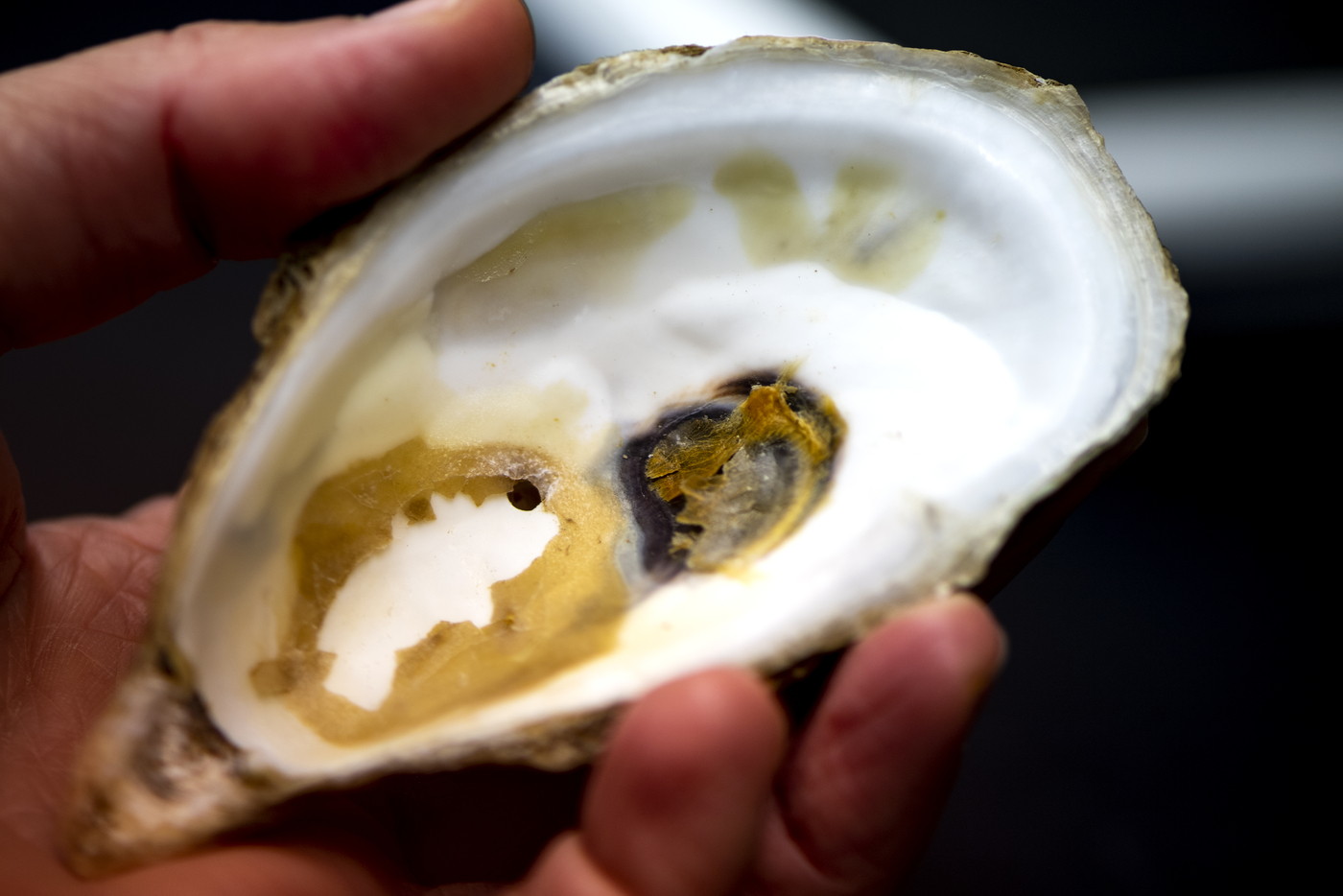Earth’s oceans are warming and becoming more acidic as the climate changes. For much of the flora and fauna of the sea, that could mean extinction, unless species can adapt to new conditions and food sources—or migrate to more hospitable waters.
But imperiled species might be able to get a helping hand from humans, says Katie Lotterhos, associate professor of marine and environmental sciences at Northeastern, as long as scientists can accurately determine which species will need an assist.
That’s where Lotterhos and her colleagues come in.
Within species there is often genetic variation. Some genetic strains will be more readily able to adapt to certain new conditions than others. If researchers can identify which genetic strains of a given species are more likely to survive in the expected new conditions, they can focus restoration and protection efforts on those strains. Or, Lotterhos says, scientists could help species adapt to climate change by moving them to places that are likely to be more hospitable down the road in a concept called “assisted migration.” Scientists and industry leaders are already considering this approach for agriculture and trees.
“There is an urgent societal need to better match genetic strains with environments for restoration efforts in the face of climate change,” Lotterhos says. To do that, scientists have been developing methods for “genomic forecasting,” she says, which can use genetic data to “predict how a genetic strain will perform in different environments.”
Read more on News@Northeastern.
Photo by Ruby Wallau/Northeastern University.

